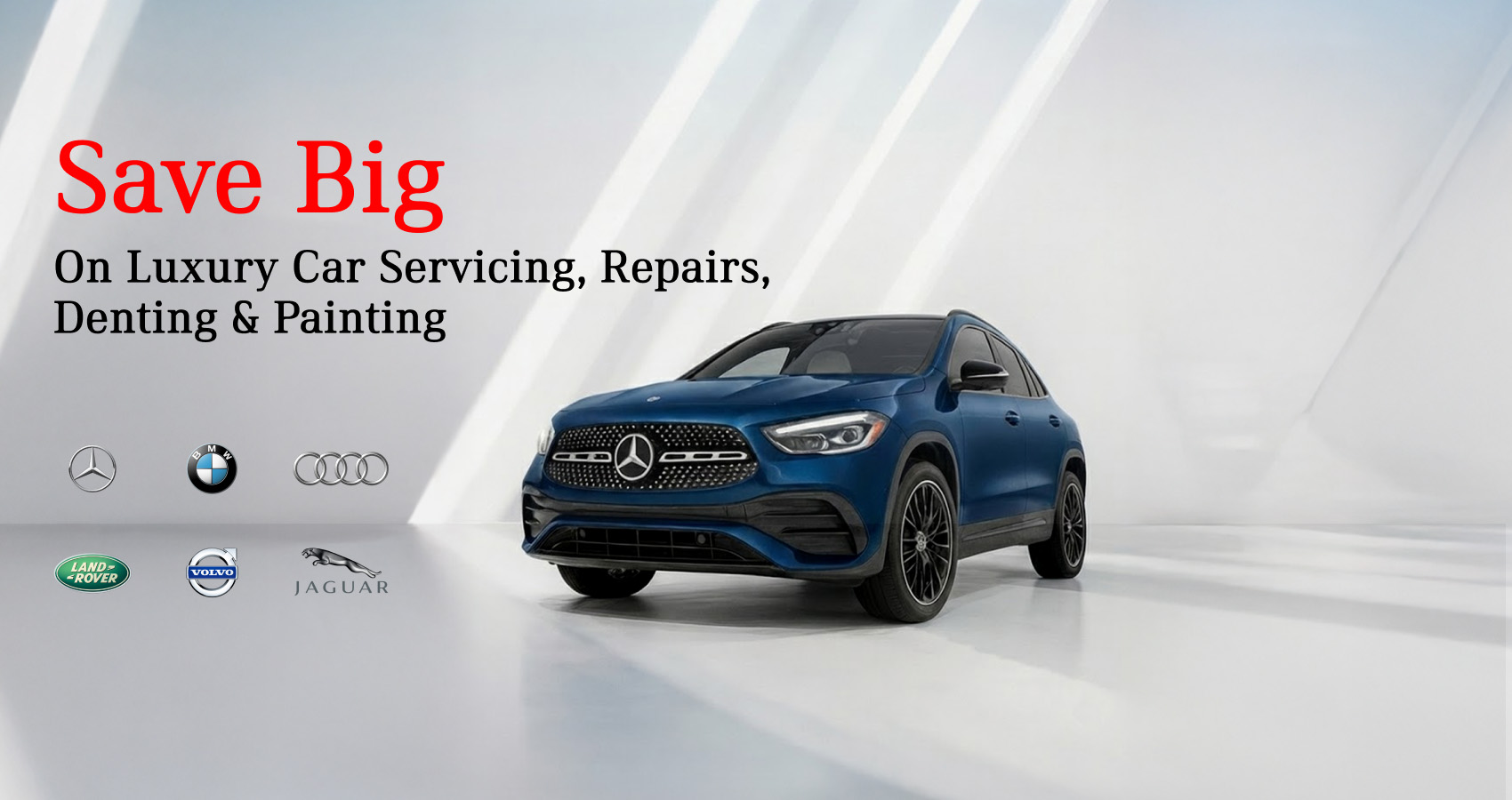
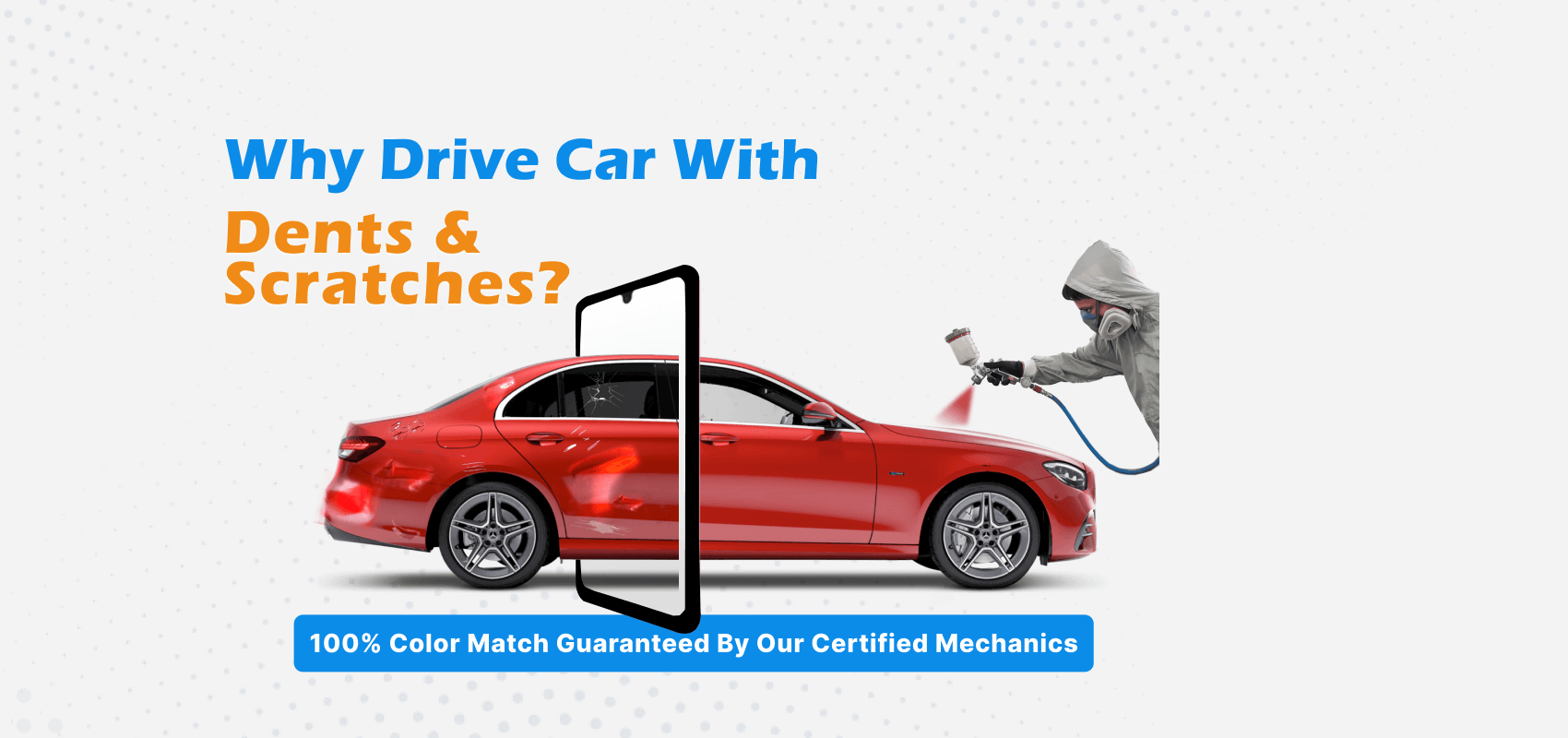
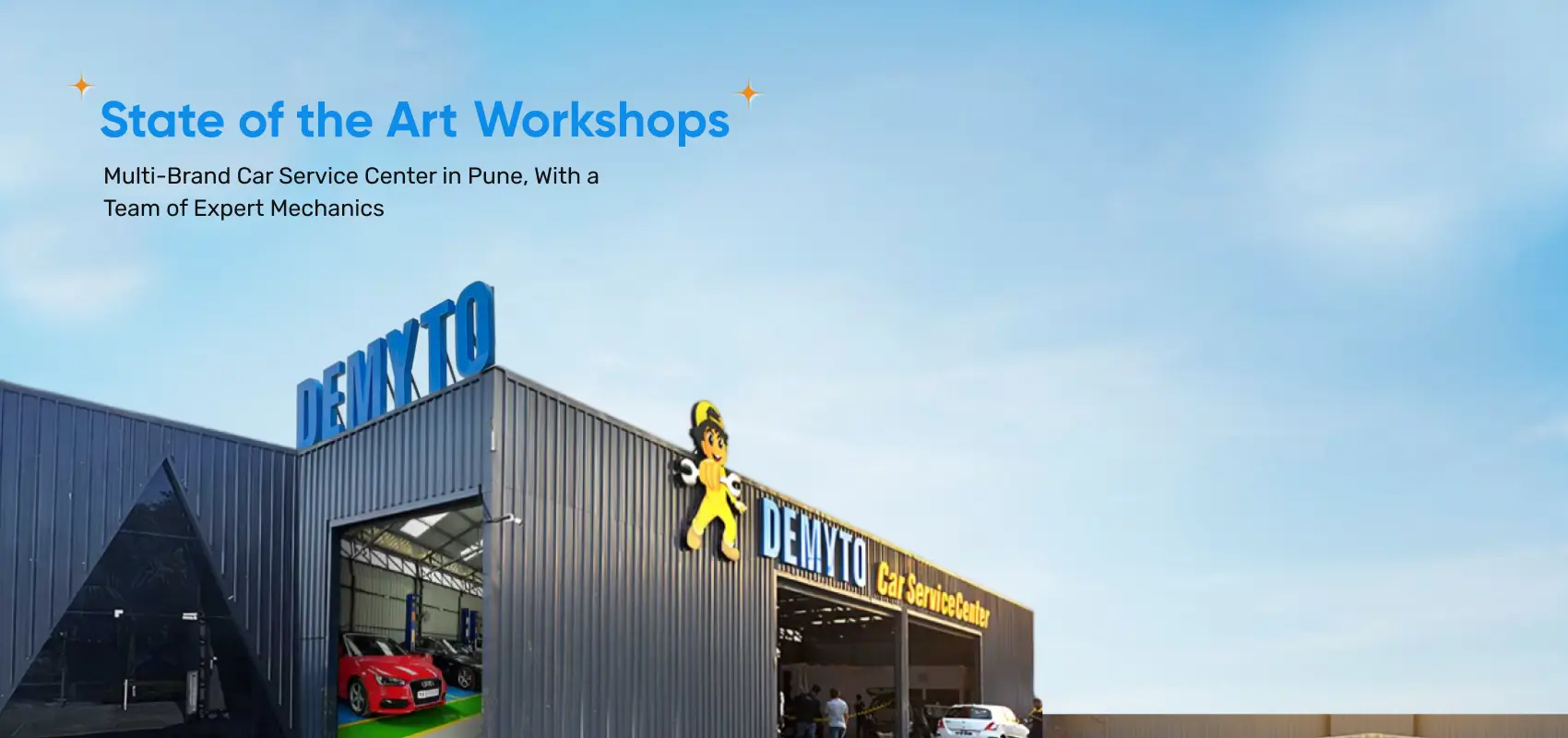
Pune's Best Car Servicing, Repair & Denting Painting Destination

4.3/5
Google Review
50000+
Happy Customers

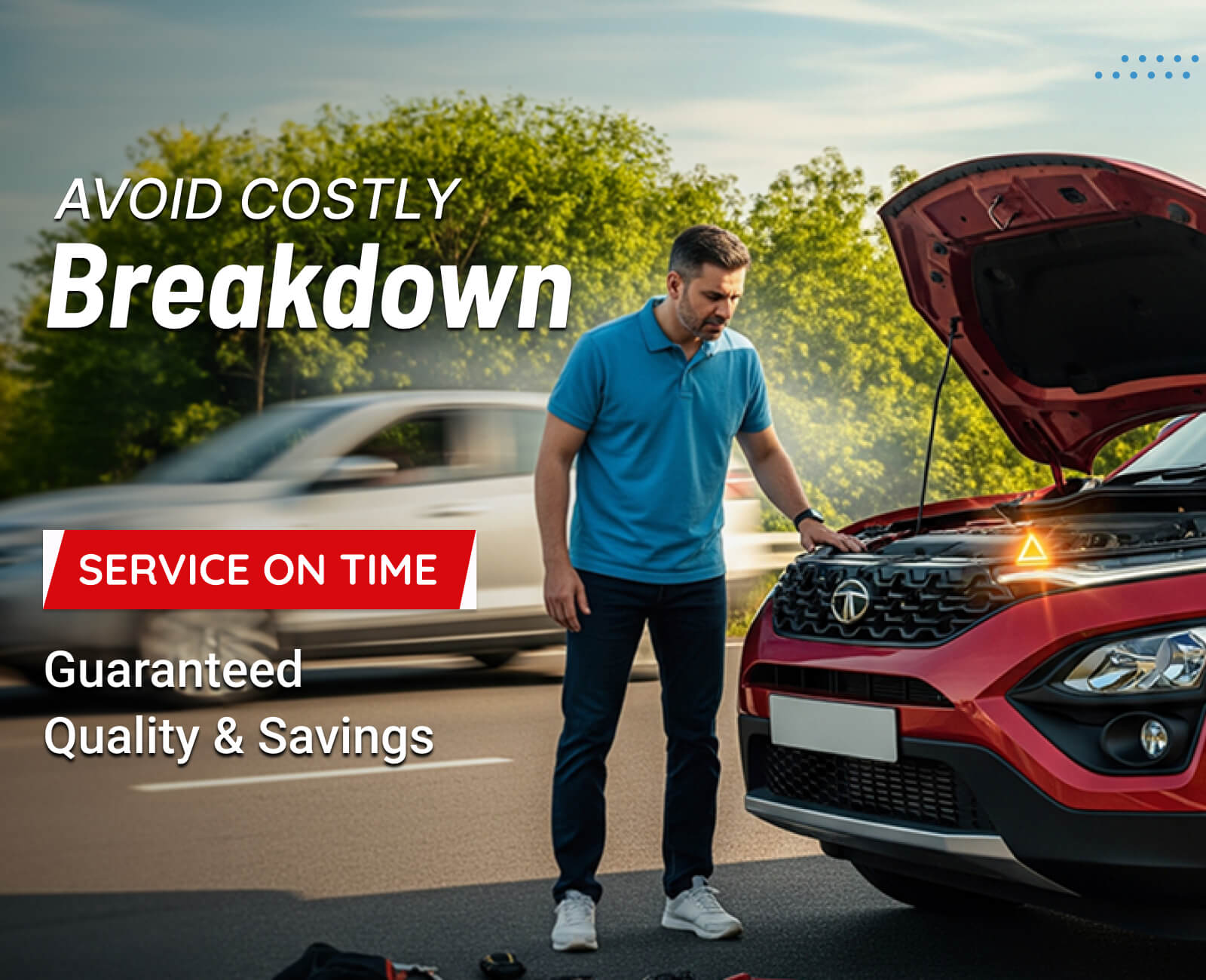
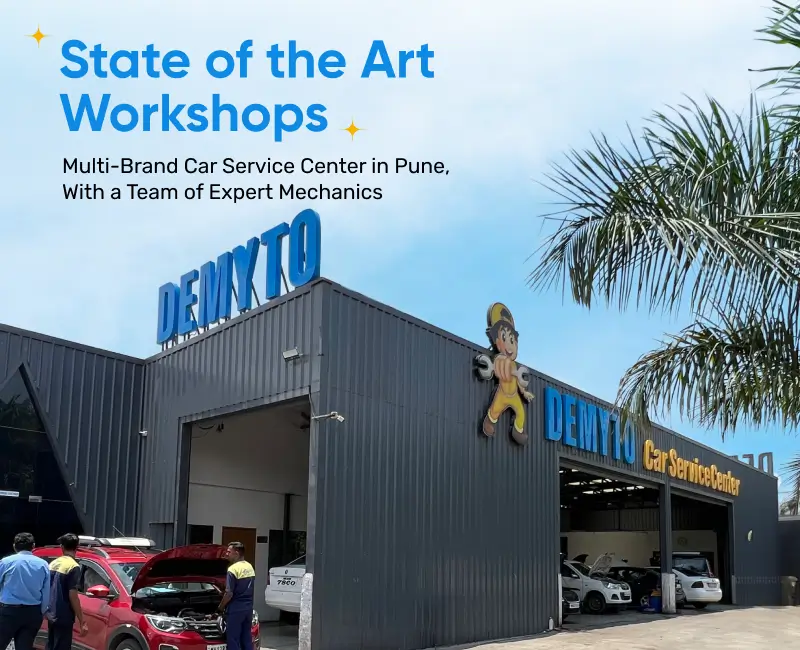
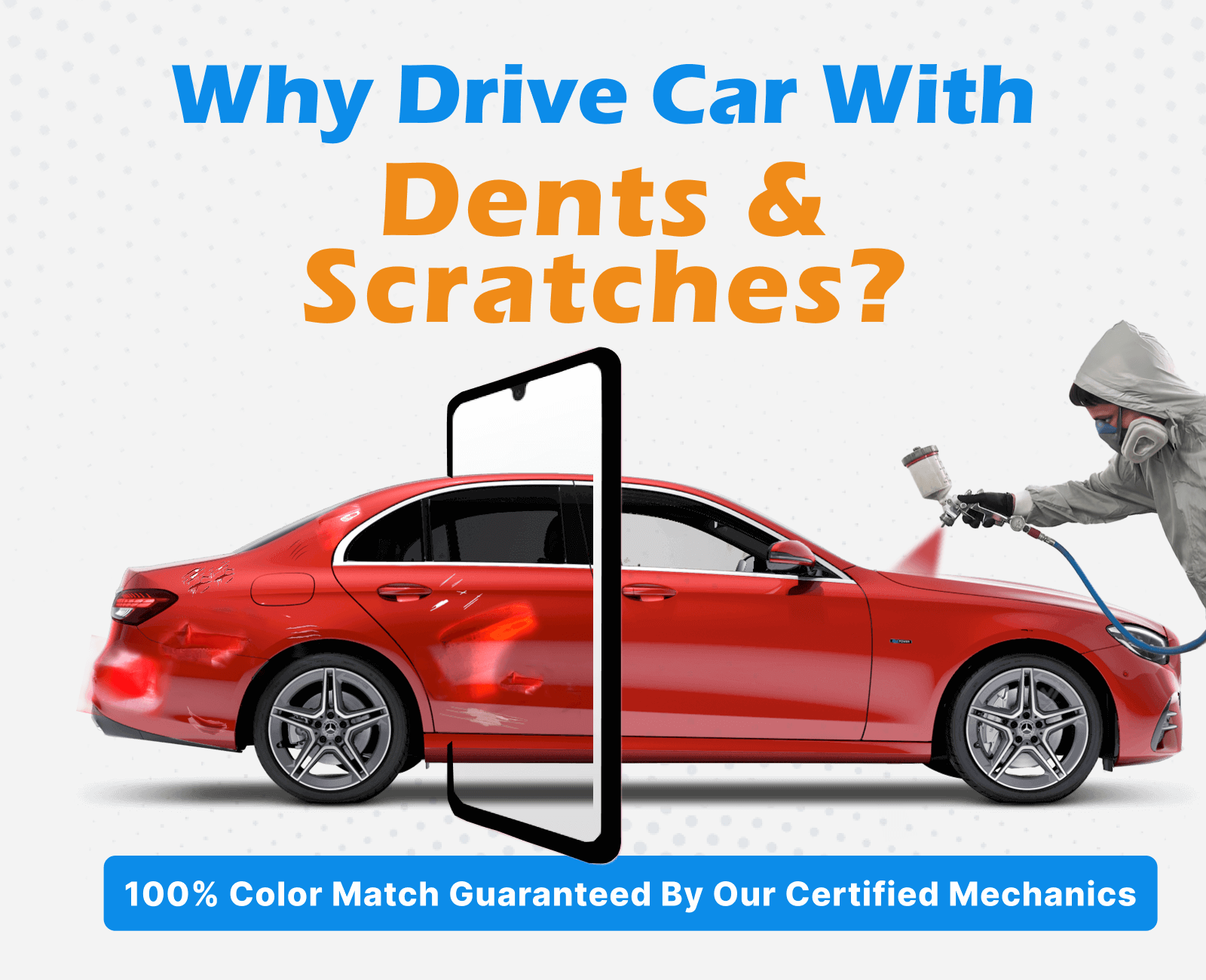
Pune's #1 Mulibrand Car Repair and Service Destination

4.3/5
Google Review
50000+
Happy Customers

We Serve all makes & Models
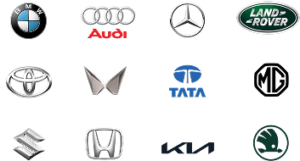
Our Services
Explore Our Wide Range of Services
 Car Repair & Servicing
Car Repair & Servicing
- Get affordable and hassle-free car servicing, car repair, denting-painting, brake repair, car AC repair, Jump start, car detailing.
- Demyto’s trained mechanics use genuine OEM spares for all car repair services.
- We offer an extensive range of car repair & servicing for all makes and models all under one roof.
 ️
Premium Car Servicing
️
Premium Car Servicing
- Front line inspection check-up
- Multiple inspections points will be checked
- Specialised packages for luxury car owners with brand-specific care and authentic spares
 Car AC Gas Topup
Car AC Gas Topup
- Gas and AC system thorough checks
- Maintain AC cooling effect in all seasons
- Fresh, fatigue less and comfortable drive
- Disinfection of AC system and De-misting of the windscreen
 ️
Car Denting Painting
️
Car Denting Painting
- Seven Steps Professional approach with highly equipped workshop
- Computerized exact colour matching
- Panel-wise repair/ replacement service @ low cost and quick estimate.
- Accident car repairs at lowest price
- We take care for all accidental jobs of motor claims with all insurance companies
 ️
Interior Exterior Detailing
️
Interior Exterior Detailing
- Prevent from excess wear and tear of upholstery and internal surfaces (Car dashboard)
- Avoid Health issues (By disinfection of interior)
- Stain Remove from Seat cover and its protection
- Remove odour from car interior
- mprove vehicle body life
- Protect from minor scratches
- Protect car body Paint and metal surface from contamination.
 ️
Doorstep Car Inspection & Service
️
Doorstep Car Inspection & Service
- Call us to set-up appointment and our fully equipped service van comes to your door step
- Most of routine check ups, oil change, Spot checking of vehicles, Cleaning we do on spot
- Help you service your car hassle free
- Our service is trustworthy and costs lesser than Service Station or Car workshop
 ️
Battery Jump Start
️
Battery Jump Start
- Convenient and hassle free service – one call away!
- Cost effective jump start at your door step
- Free inspections of battery
- Battery charging and replacement services
Trust, Experience,
Convenience
We have the expertise to repair your car hassle-free. Just book online, and our team will take care of the rest. Our mechanics are qualified and equipped with the latest technology that allows them to work on all types of cars regardless of their make or model.
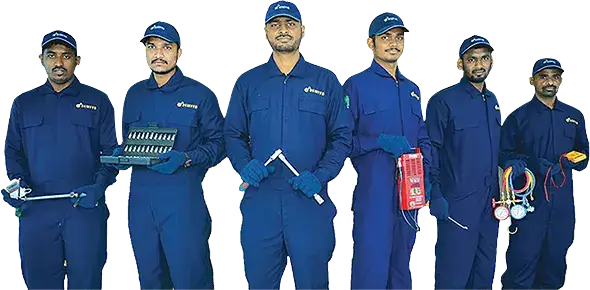
Accidental Car insurance Claim
We take care for all accidental jobs of insurance claim done at our service center.
We deal with claim reimbursement & cashless facilities for accidental car insurance claim with all companies.
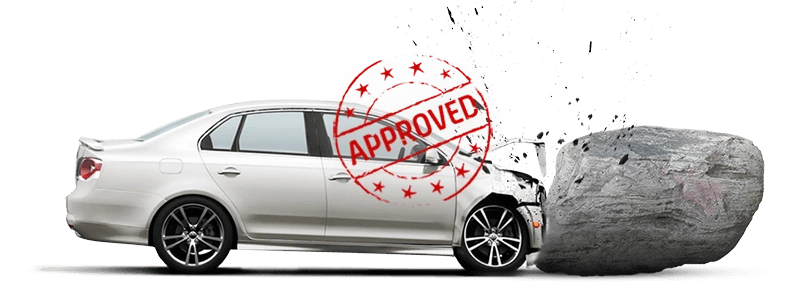
Why Choose Demyto?
Modern Workshops
Skilled Mechanics
Guaranteed Quality & Savings
Doorstep Car Servicing
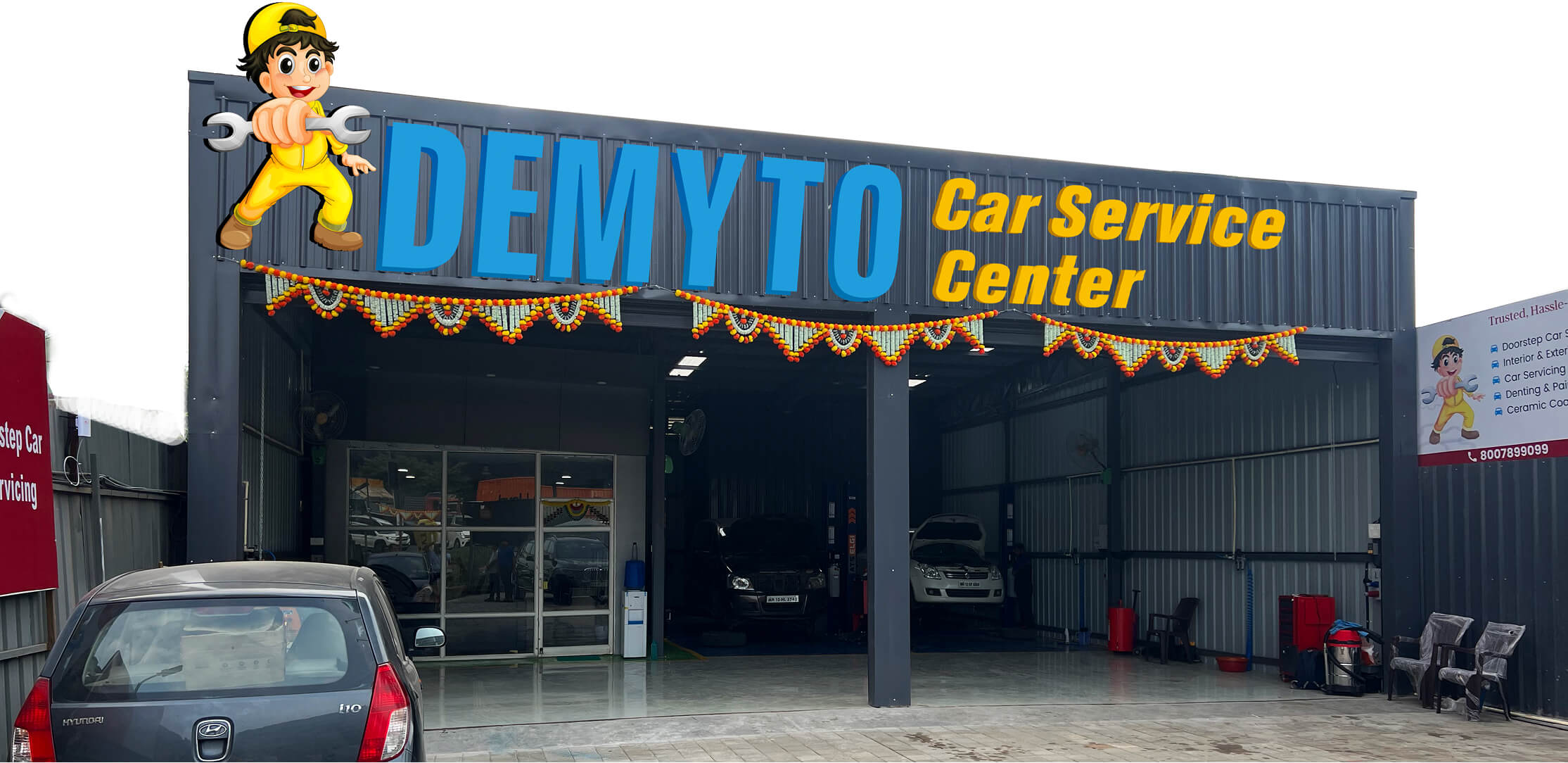
How It Works?
Steps to understand how service works



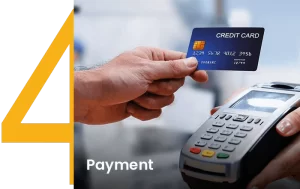
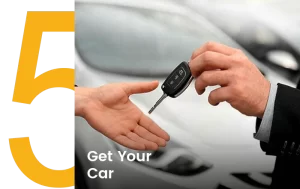
Frequently Asked Questions
Demyto is a one-stop shop for all your car servicing & Repair work, denting painting, car wash, & detailing needs. Demyto also offer doorstep car servicing throughout Pune.
Demyto provides car servicing and repair in all areas of Pune, including Kalyani Nagar, Viman Nagar, Magarpatta, Kharadi, Mundhwa, Keshav Nagar, Koregaon Park, Wadgaon Sheri, Vishrantwadi, Dhanori, Lohegaon, Wagholi, Hadapsar, Katraj, Kothrud, Wakad, Aundh, Baner, and Pimpri-Chinchwad.
Demyto offers expert car servicing and repair for luxury brands such as Mercedes-Benz, BMW, Audi, Land Rover, Jaguar, and Volvo, as well as all major mass-market brands, including Maruti Suzuki, Hyundai, Tata Motors, Mahindra & Mahindra, Kia, Toyota, Honda, Renault, Volkswagen, Skoda, Ford, Nissan, Jeep, Chevrolet, and Fiat.


